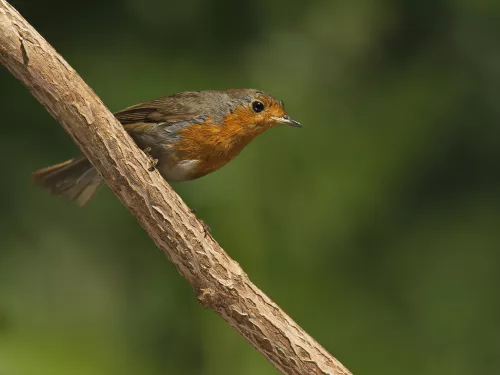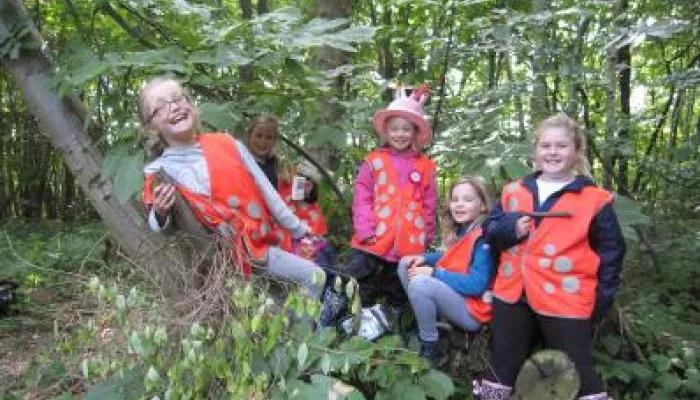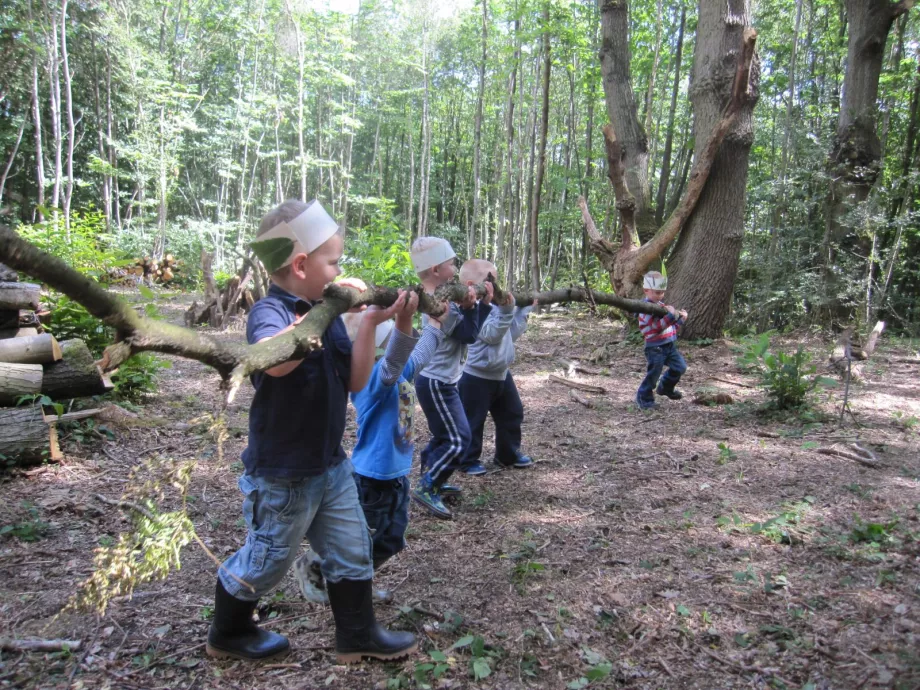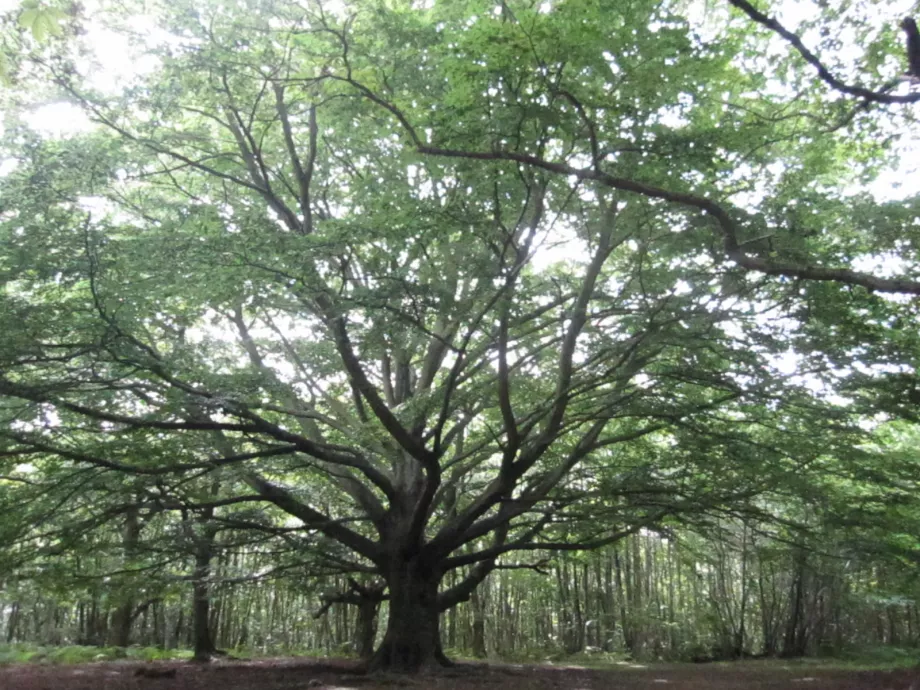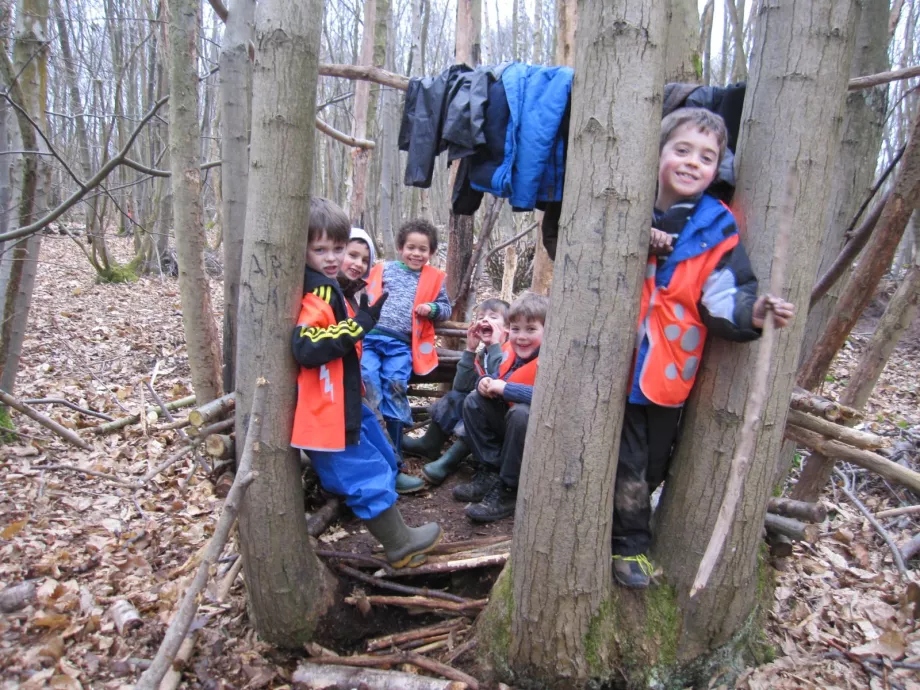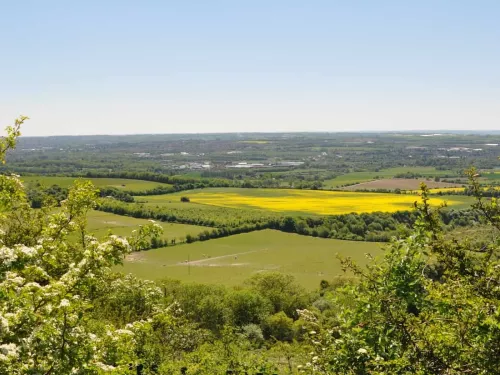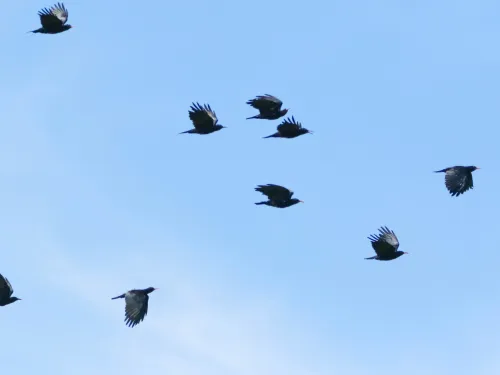Kent Wildlife Trust mainly delivers Forest School sessions for school groups. We encourage schools to develop their own Forest School, either in the school grounds or in local woodland. With this aim, we help with advice, information and staff experience or teambuilding workshops. Schools say that attending sessions with their school group really helps teachers who are training to become Forest School leaders. They are able to gain experience, skills and knowledge to give them confidence to deliver their own sessions when they have qualified.
At the end of the day, we pack away our equipment, looking forward to the next session with the children, as the sun filters through the Grandfather Tree, a stately old beech that looks over our Forest School site.
‘Going to the woods is going home’ – John Muir
